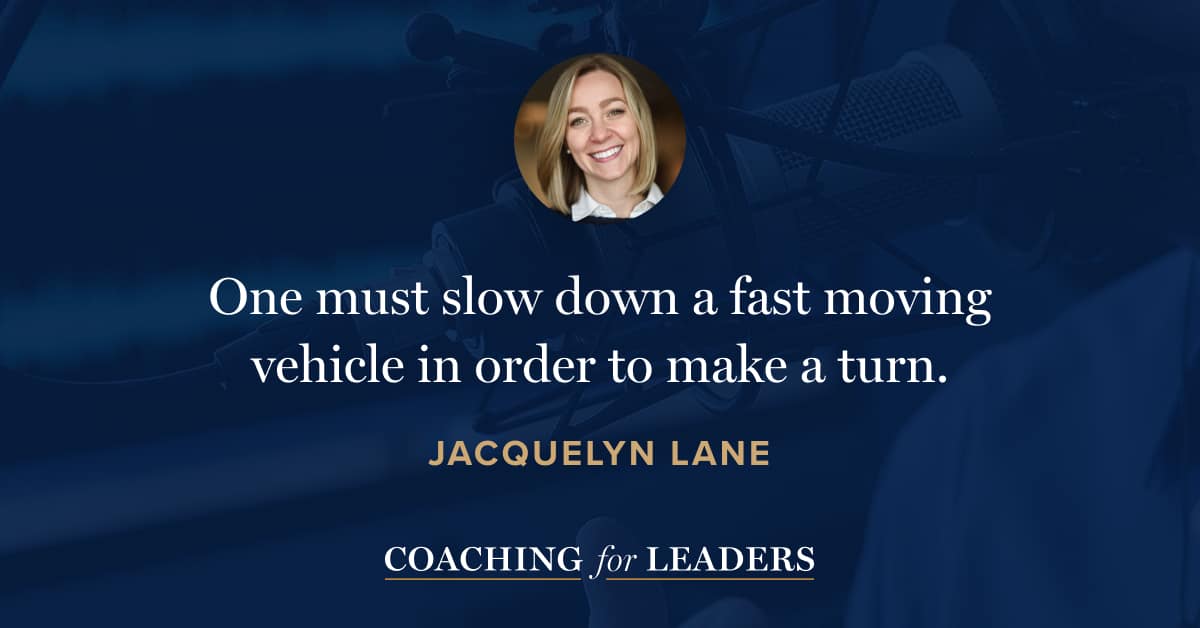Scott Osman and Jacquelyn Lane: Becoming Coachable
Scott Osman is the founder and CEO of the 100 Coaches Agency and co-designer with Jacquelyn Lane of their proprietary curation process and the company’s relationship-first philosophy. In his role as CEO, he establishes the vision for the company, leads partnerships and business development, and serves as a leading light of the 100 Coaches Community, which he cofounded with Marshall Goldsmith in 2016.
Jacquelyn Lane is the president of the 100 Coaches Agency. She has been with the agency since its founding and is a critical pillar of the 100 Coaches Community. Jacquelyn comes to the world of executive coaching through her previous roles in the energy industry and lifelong commitment to improving the lives of all people by elevating the quality of leadership. Along with Scott and Marshall Goldsmith, she is co-author of Becoming Coachable: Unleashing the Power of Executive Coaching to Transform Your Leadership and Life*.
Perhaps you’ve been considering working with a coach, but how do you start? In this episode Scott, Jacquelyn, and I discuss when to consider coaching, how it might help, and the best way to begin. Plus, we explore the most helpful mindsets to help you get the most out of coaching.
Key Points
- Leaders who create value at moments of inflection really need a coach.
- Two common reasons leaders seek coaching: (1) getting support with an issue that’s tough to navigate and (2) accelerating their leadership growth.
- Interview three coach candidates and utilize those interactions to discover different ways that you may reach your goals.
- Coaching fees should reflect the value the organization receives from the coaching. Most high-end coaching is funded by the organization.
- Slow is smooth and smooth is fast. To speed up, a coach may invite you to slow down in the immediate short-term.
Resources Mentioned
- Becoming Coachable: Unleashing the Power of Executive Coaching to Transform Your Leadership and Life* by Scott Osman and Jacquelyn Lane
Interview Notes
Download my interview notes in PDF format (free membership required).
Related Episodes
- How to Win the Long Game When the Short-Term Seems Bleak, with Dorie Clark (episode 550)
- How to Help People Engage in Growth, with Whitney Johnson (episode 576)
- The Art of Mentoring Well, with Robert Lefkowitz (episode 599)
Discover More
Activate your free membership for full access to the entire library of interviews since 2011, searchable by topic. To accelerate your learning, uncover more inside Coaching for Leaders Plus.





